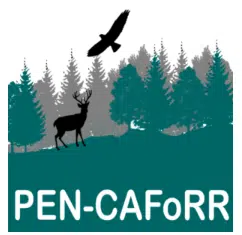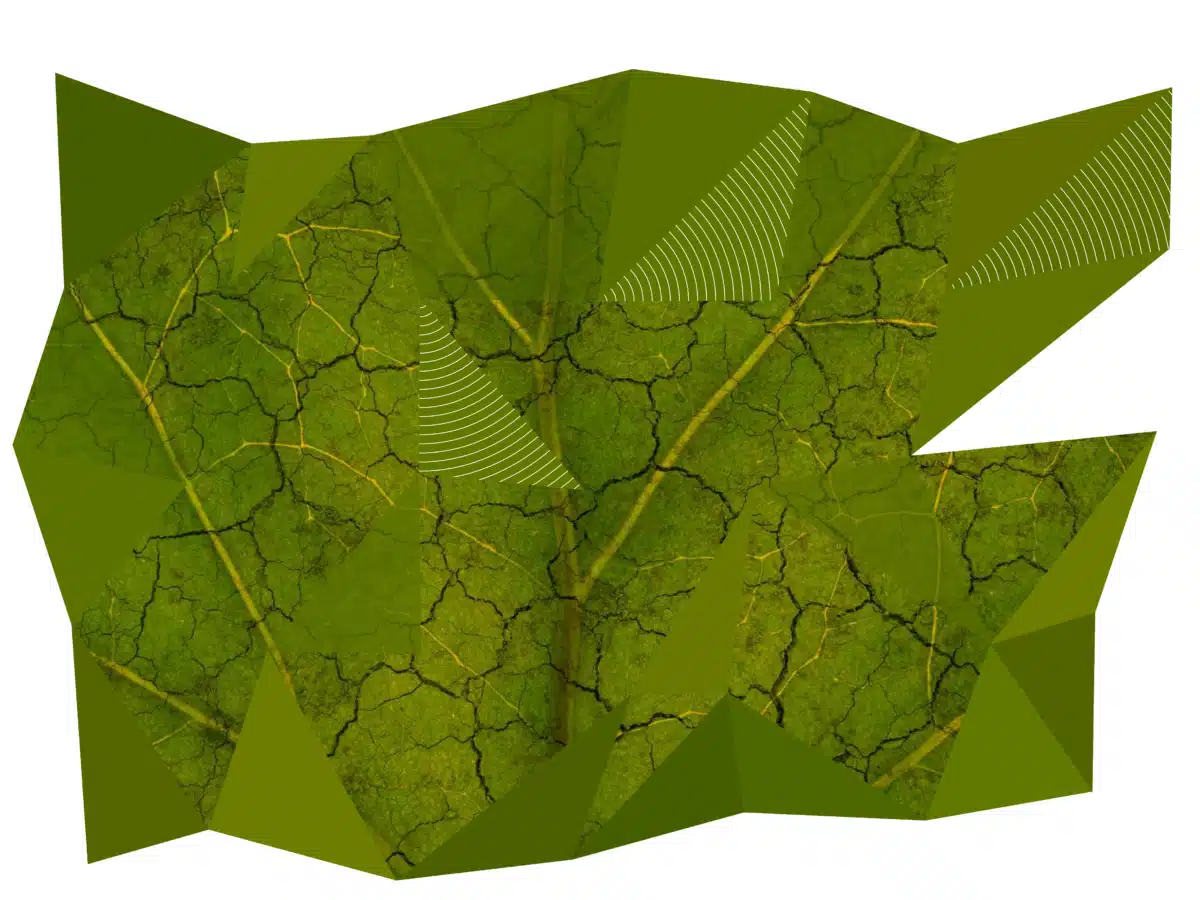
As Europe faces the growing challenges of climate change, the European Union is mobilising scientific networks to deliver concrete solutions.
Three COST Actions demonstrate how targeted research collaboration directly supports the EU’s mission of “a climate-resilient Europe” by translating scientific knowledge into practical climate adaptation strategies.
From innovative techniques to reduce pollution in urban areas and ecosystem restoration in degraded landscapes, to data-driven forest management across biogeographical regions, these COST Actions demonstrate the power of pan-European scientific collaboration. Their work not only advances climate science but also provides local communities and policymakers with tested approaches to build climate resilience.
PHOENIX: turning pollution into clean water and power for building climate resilience
The COST Action Protection, Resilience, Rehabilitation of damaged environment (PHOENIX) has made remarkable progress in the development of bioelectrochemical systems (BES), which offer an innovative way of restoring polluted environments. By integrating satellite imaging with BES technology, PHOENIX has developed strategies to reduce pollutants, recycle valuable elements and even generate electricity. BES exploit the biological activity of microbes to turn wastewater into a clean resource while generating enough electricity for basic needs such as lighting and charging devices.
What makes this Action unique is its strong focus on empowering local communities to address environmental challenges. Dr Andrea Pietrelli, the Action Chair from the University of Rome La Sapienza, emphasised, “The simple adoption of BES at the household or community level can significantly reduce environmental damage.”
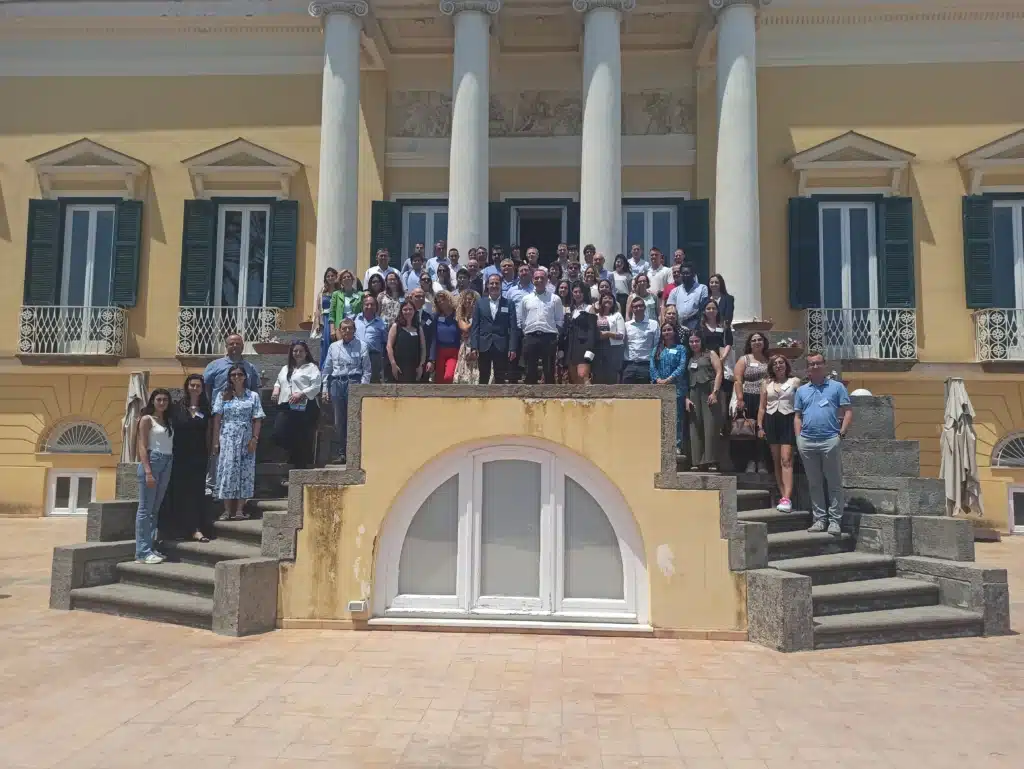
PHOENIX has fostered collaboration across countries and disciplines, bringing together experts from engineering to social sciences to address complex environmental problems of climate change. What’s more, this work doesn’t stop at the end of the Action. “PHOENIX has been successful in its application for the COST Innovators Grant,” says Andrea, “which is an exciting opportunity to develop the BES technology into a business plan for widespread, equitable deployment in society.” The grant, Microbial Electrochemical Technology Commercialisation (MET-C), will ensure the long-term impact of the BES technology and position it as a commercially viable solution for sustainable development.
BOTTOM-UP: forests fight back
The COST Action Biodiversity Of Temperate forest Taxa Orienting Management Sustainability by Unifying Perspectives (BOTTOMS-UP) addressed the sustainability of forest management as a contribution to the fight against climate change. The network has brought together experts and stakeholders to ensure that forests continue to thrive in a changing climate. “The Action has tested forest health indicators, such as ‘tree species richness’ and ‘deadwood’, with promising results”, explains Dr Sabina Burrascano of the University of Rome La Sapienza, “The Action has also agreed on concepts and methods that have been disseminated throughout the scientific and conservation community, laying the foundation for effective forest ecosystem monitoring, which is being promoted within the European Commission ahead of the new Forest Monitoring Law.”
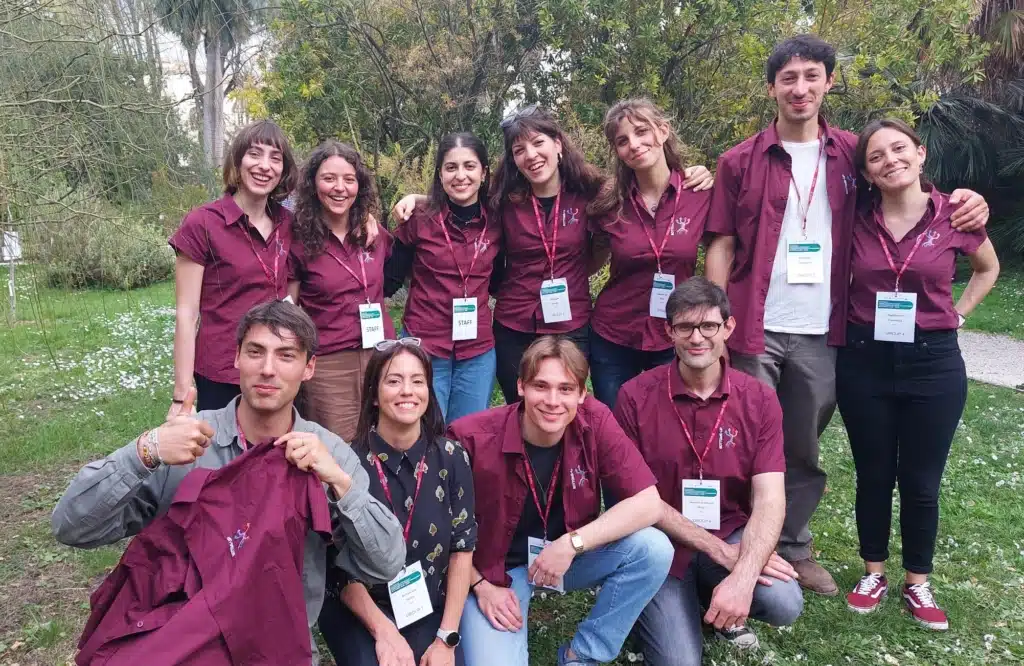
A major success of BOTTOMS-UP has been its ability to nurture the next generation of researchers. Lucas Chojnacki, a young researcher at the University of Maastricht who joined the Action while working on his bachelor’s thesis, said: “Thanks to COST, I developed essential data management and analysis skills. But, more importantly, I met amazing researchers with whom I still collaborate, and some of whom have become close friends.” Lucas also praised the COST Action training schools as an excellent educational platform for networking with peers in forest ecology. These networking activities ensure that the next generation of researchers is well prepared to tackle the complex environmental challenges posed by climate change.
PEN-CAFoRR: nurturing forests for the future
Pan-European Network for Climate Adaptive Forest Restoration and Reforestation (PEN-CAFoRR) is another COST Action is another COST Action that focuses on the growing challenges of forest restoration in an evolving climate. “By the end of the Action, we produced a set of comprehensive guidelines for reforestation and forest restoration interventions in a changing climate,” says the Action Chair, Prof. Vladan Ivetić from the University of Belgrade, Faculty of Forestry. “These guidelines are based on science, but focus more on technical aspects and are written for readers who are involved at an operational level”
“Our guidelines are valuable for forest nursery managers who play a key role in ensuring the availability of high-quality forest reproductive material, as well as for forest managers and professionals involved in forest restoration projects”, adds Dr Barbara Mariotti, the Action Vice-Chair from the University of Firenze. “We are also extending our focus to forest scientists who can benefit from the evidence-based knowledge and methods”.
Action training schools have provided participants with hands-on experience with forest restoration techniques. One outstanding event was a two-part training school in Sweden and Spain, where participants explored forest seedling technologies in the Boreal and Mediterranean regions and learned how different climates require tailored approaches.
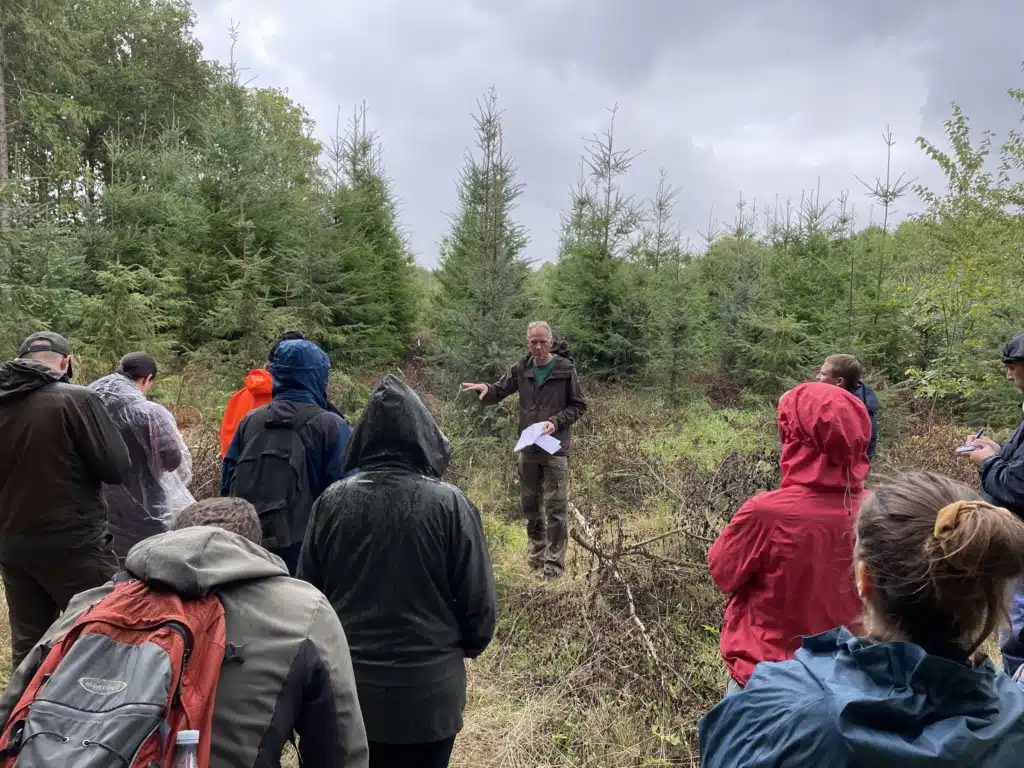
A key output of PEN-CAFoRR is the ForestRestorationWiki, a platform for sharing knowledge and expertise on forest restoration across Europe. This resource is particularly timely as traditional forest management approaches are becoming less effective due to more frequent and extreme weather events such as droughts, heat waves, and frosts. The Action leaders are committed to keeping the ForestRestorationWiki active beyond the Action’s lifetime, ensuring that it remains a vital hub for knowledge exchange.
PHOENIX, BOTTOM-UP and PEN-CAFoRR show how collaboration and innovation can lead to real progress in the fight against climate change. These COST Actions not only advance scientific research but also create practical, sustainable solutions that empower communities, researchers and policymakers. From reducing pollution with cutting-edge bioelectrochemical systems to conserving forest biodiversity and developing guidelines for reforestation, these Actions play a crucial role in Europe’s mission to mitigate climate change.
Additional information
Read more about Protection, Resilience, Rehabilitation of damaged environment (PHOENIX)
Read more about Biodiversity Of Temperate forest Taxa Orienting Management Sustainability by Unifying Perspectives (BOTTOMS-UP)
Read more about Pan-European Network for Climate Adaptive Forest Restoration and Reforestation (PEN-CAFoRR)
Read more about Microbial Electrochemical Technology Commercialisation (MET-C)


